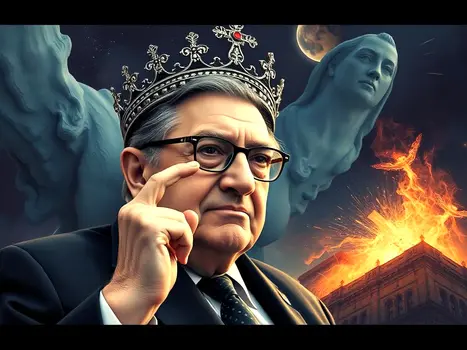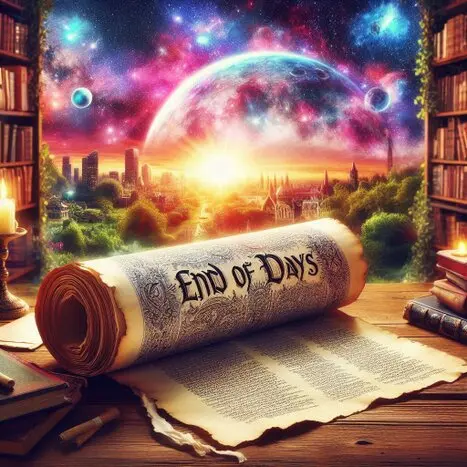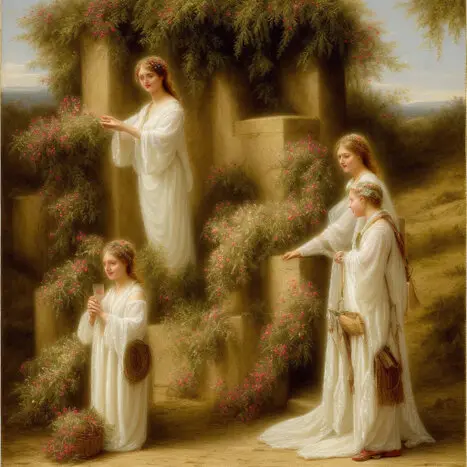
Beyond the competing narratives about George Soros lies a more controversial claim: Soros sees himself as a kind of modern-day messiah—a self-appointed saviour who believes he has a unique moral and intellectual duty to guide humanity toward a better future. This article explores Soros’s messianic self-perception, examining his own words, philosophical influences, and the grand scale of his political and philanthropic ambitions.

The idea of an impending "apocalypse" or "end-of-the-world" scenario is a common theme in the major religions. This belief often stems from deep-rooted fears, moral teachings, and eschatological narratives that provide followers a framework for understanding humanity’s ultimate fate. This article overviews how this belief manifests in various religions, highlighting similarities and differences and the implications of these beliefs for their adherents.

There appears to be a growing Christian movement challenging secularism, particularly in the United States and Europe. This movement aims to strengthen faith in God and foster a society based on Christian moral values. This movement is not uniform, with different expressions, like Dominionism in Protestant circles and Catholic Integralism, each seeking to influence public policy and culture. Read more...

